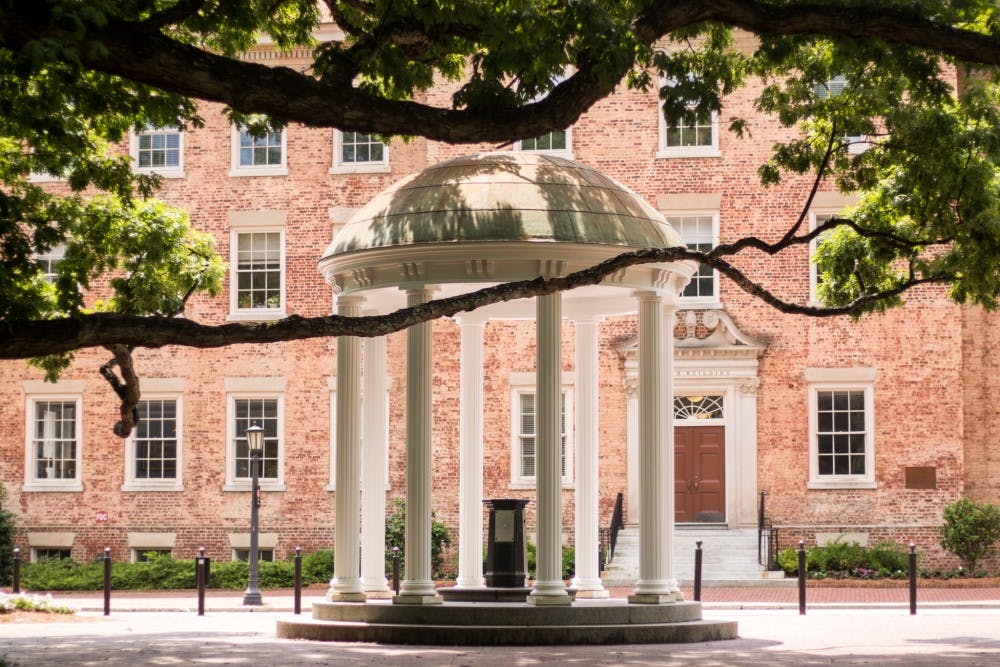In the Chancellor’s Ballroom of the Carolina Inn, the Board of Trustees met to discuss University affairs on Wednesday. The meeting was led by the Chairperson of the University Affairs Committee Charles Duckett. Here’s the recap:
First, Employee Forum Chairperson Shayna Hill delivered the Employee Forum update.
The Employee Forum partnered with TIAA for the Plant a Tomato, Give a Garden event, said Hill. With 40 volunteers, they were able to distribute 250 tomato plants to the lowest paid employees on campus.
Through the Harris Teeter Million Meals Challenge, the forum put on a year-long food drive which culminated in the distribution of 14,355 meals.
The Employee Forum has many upcoming events as well. The 30th Annual Carolina Blood Drive will occur on June 5. Then, on June 8, the Forum will join Orange County Habitat for Humanity in building a home for a UNC housekeeper and his family.
Then, Leslie Parise, chairperson of the faculty, gave the faculty update.
Parise has served as faculty chairperson for almost a year. She has strived to improve the campus environment for work-life balance and diversity, strengthen faculty recruitment, address budget challenges and reduce unnecessary administrative burdens.
Lastly, Vice Chancellor for Student Affairs Winston Crisp and Director of Student Wellness & Associate Dean of Students Dean Blackburn spoke on the Carolina Recovery Program, a program designed to assist students in recovery from addiction.
Blackburn started his presentation by recognizing the need to get rid of the stigma surrounding addiction.




